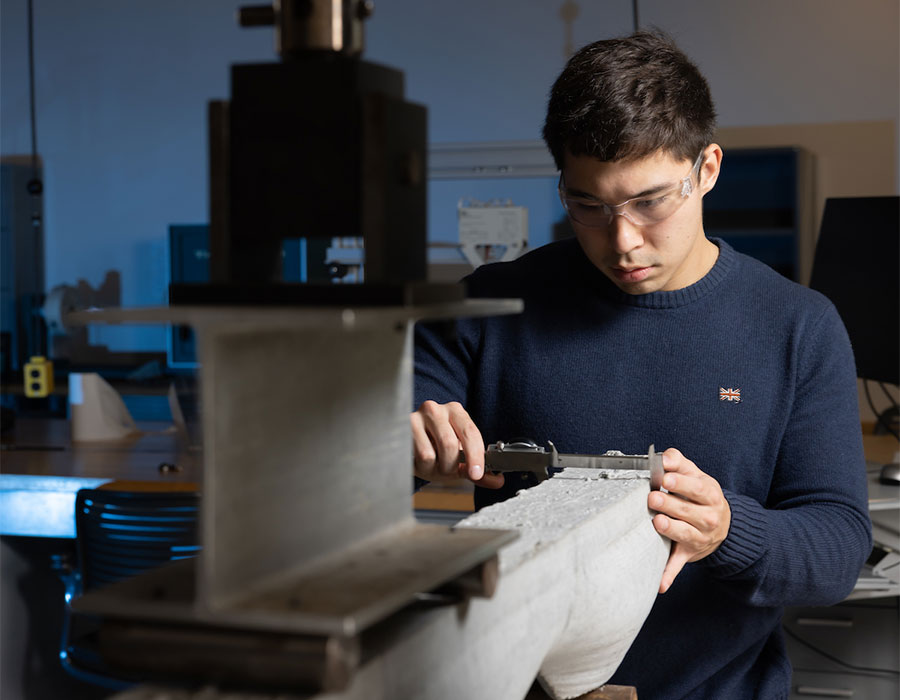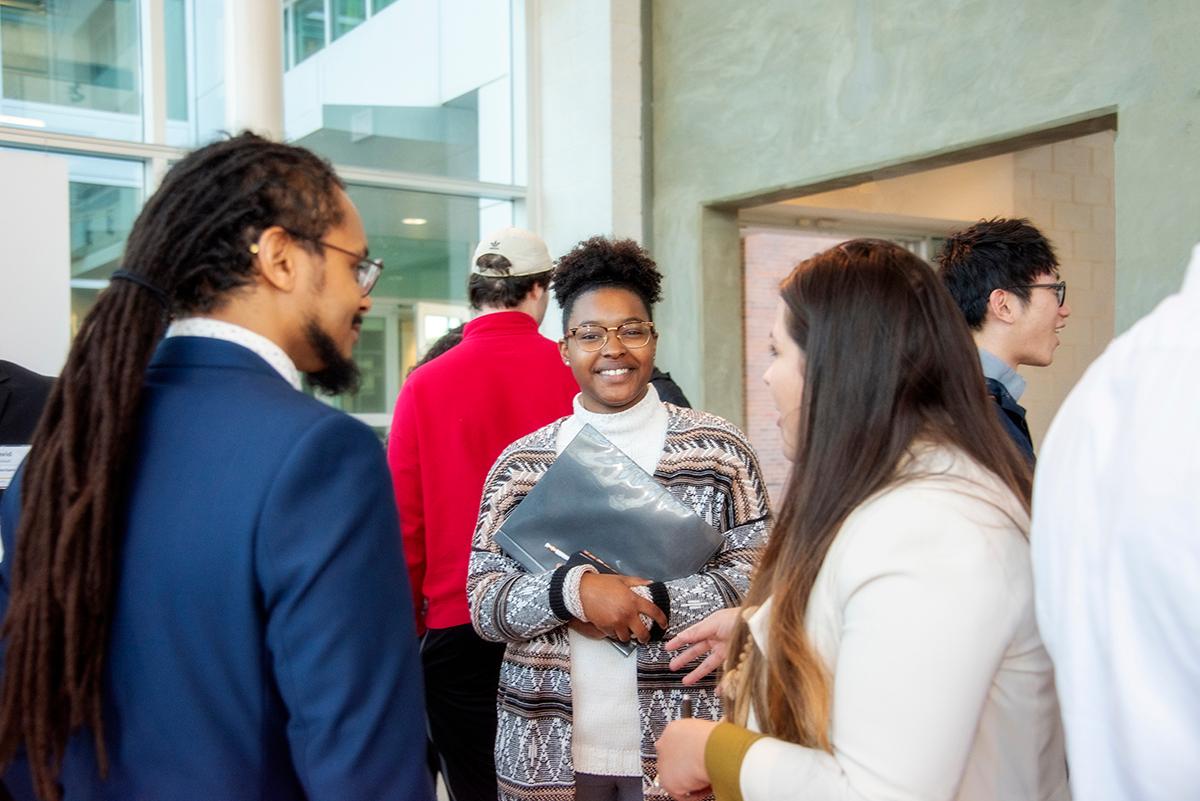Overview
Supporting KSU's High Activity Research mission, the Department of Architecture advances the design sciences and their capacities for high-impact, performance-driven, and real-world transformations. Addressing a multifaceted array of global challenges, we welcome candidates whose manifold experiences and expertise expand and enrich our perspectives, dialogs, methods, and practices.
Situated within the College of Architecture and Construction Management, the Bachelor
of Architecture program offers a 5-year, NAAB-accredited professional, and STEM-designated
degree that meets general education requirements leading to architecture licensure.

The program centers on studio sequences that proceed from fundamentals of architectural design, through technical aspects of building and comprehensive design, to investigations of complex urban conditions. The studios are reinforced with sequences in design communication, architectural culture and theory, structures, environmental technology, and professional practice.
The program culminates in a Fifth-Year Thesis that engages critical research and architectural
design, which collectively provides a holistic understanding of design processes necessary
to create well-designed and meaningful architecture.

















